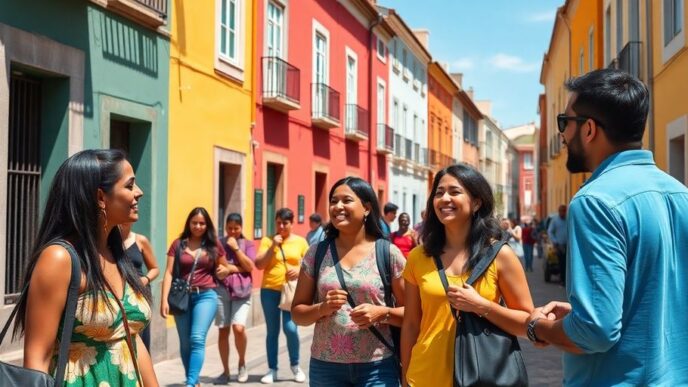Digital nomads in Portugal are encountering significant obstacles in securing residency permits due to conflicting requirements from government agencies. The situation has raised concerns among legal experts and affected individuals, highlighting the complexities of navigating Portugal’s immigration system.
The Residency Dilemma
Digital nomads, who choose Portugal as their base while working remotely for companies outside the country, are facing a bureaucratic impasse. The primary issue stems from differing interpretations of residency requirements between AIMA and Social Security.
AIMA mandates that digital nomads secure a Social Security Registration Number (NISS) to qualify for residence permits. In contrast, Social Security argues that this requirement is unnecessary, leading to confusion and frustration among applicants.
Controversies Among Legal Experts
The debate over the necessity of obtaining a NISS has sparked differing opinions among legal professionals with some contending that digital nomads should register with Social Security, regardless of their employment ties in Portugal.
In 2022, Portugal introduced a digital nomad visa aimed at attracting remote workers and freelancers from non-EU countries. To qualify, applicants must demonstrate a monthly income of at least €3,480. The application process typically takes around 90 days, and recent statistics indicate that approximately 5,400 digital nomads have successfully obtained this visa, with 15% of them being Brazilian nationals.
Conclusion
As digital nomads continue to flock to Portugal for its appealing lifestyle and favorable working conditions, the ongoing residency challenges highlight the need for clearer regulations and better communication between government agencies. The resolution of these bureaucratic hurdles is essential for fostering a welcoming environment for remote workers and ensuring that Portugal remains a top destination for digital nomads.













